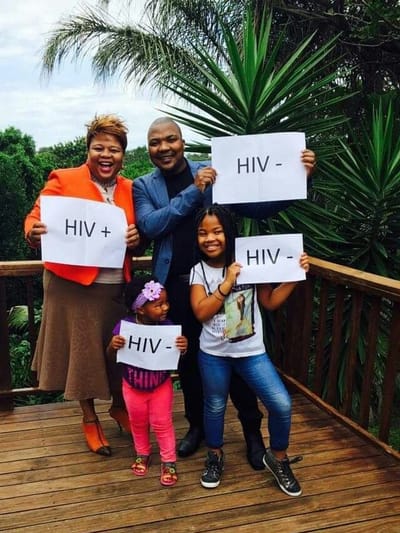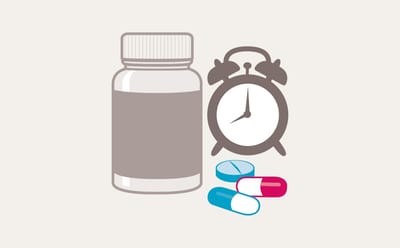Elimination of Stigma=Elimination of HIV transmission
Read MoreBlog
PLWHIV are placing themselves at the centre to End the Epidemic by 2030
Breast milk is the best
Read MoreThe sexual partners and drug injecting partners of people diagnosed with HIV infection have an increased probability of also being HIV-positive . However, partner testing services, including partner notification, for people diagnosed with HIV have not been routinely offered or implemented, therefore, uptake and coverage remains low. The benefits of partner and couples HTS have been well documented, including mutual support to access prevention, treatment and care services, as well as improved adherence and retention in treatment and prevention of mother-to-child transmission programmes . Partner testing also allows those in serodiscordant partnerships to prioritize effective HIV prevention, such as the use of condoms, immediate antiretroviral therapy (ART), medication adherence by HIV-positive partners, and pre-exposure prophylaxis (PrEP) for HIV-negative partners
Read MoreProvides a venue for mutual disclosure of HIV status in an environment where support can be provided by a counsellor or health worker. Risk-reduction messages can be tailored depending on the outcome of the test results of both partners. Decisions about prevention, accessing treatment, care and support, and family planning options can be made together. Moreover, through couples testing, the counsellor can help create a safe environment in which the couple can discuss potentially difficult issues, such as sexual agreements. Sexual agreements are mutually agreed upon conditions or limitations about sexual behaviours within and outside of the relationship. Couples HIV testing and counselling provides a forum for open discussion about sexual agreements, with the help of a counsellor. This helps both partners fully understand the agreement which may better protect them from HIV
Read MoreThere are many factors that determine whether or not someone becomes infected with HIV. There may be one or multiple reasons why you have not been infected with HIV. • HIV viral load The amount of virus in your partner’s blood (viral load) is very important for determining if you become infected or not. The higher the viral load, the greater the chance that you will become infected. • The type of virus The type of HIV that infects one person may be very different to the type that infects another. Some types are more likely to spread. Your partner may be infected with a type that spreads less easily. • Frequency of sexual intercourse The more often you have unprotected sex with someone who is HIV positive, the more likely you are to become infected. • Sexual practices Receptive anal sex carries the highest risk of infection. Women are more likely to become infected during vaginal sex than men. • Male circumcision Men who have been circumcised, i.e. the entire foreskin has been removed, are less likely to become infected with HIV than those who have not.
Read More




